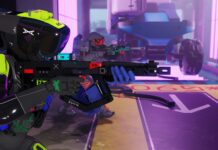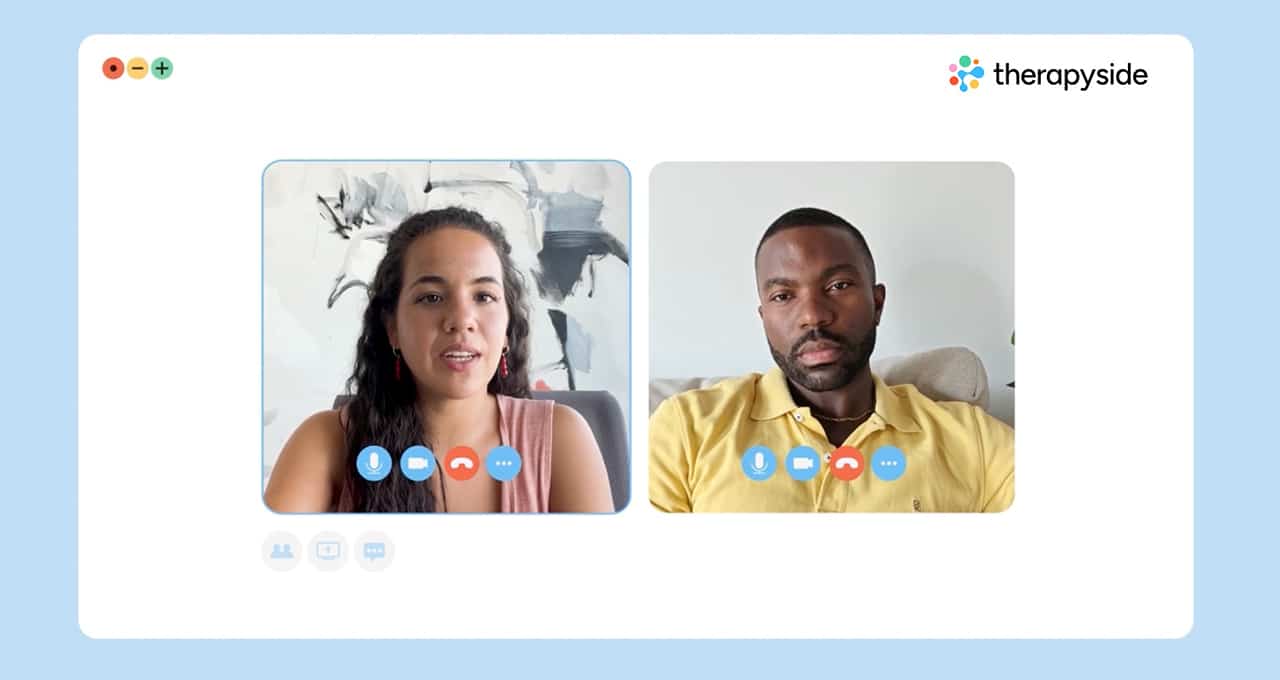Half of the Global Population at Risk of Mental Health Disorders: A New AI Solution on the Horizon
Recent findings from the World Health Organization have revealed a startling statistic: half of the world’s population is predicted to experience a mental health disorder at some point in their lives. Despite this widespread prevalence, the availability of mental health professionals is alarmingly low, with a global median of just 13 mental health workers for every 100,000 people. This disparity is even more pronounced when comparing high-income and low-income countries, where the availability of mental health workers can differ by more than 40 times.
Addressing this critical shortage, a forward-thinking startup based in Madrid is leveraging artificial intelligence (AI) to enhance the efficiency and reach of mental health services. This innovative approach aims to bridge the gap in mental health care accessibility and quality across different regions.
Introducing Therapyside: A New Wave in Mental Health Care
Therapyside, a pioneering company and a member of the NVIDIA Inception program for cutting-edge startups, is at the forefront of this change. By utilizing NVIDIA NIM inference microservices, Therapyside is revolutionizing its online therapy platform. These AI tools function as virtual assistants and notetakers, allowing therapists to concentrate more on their clients and less on administrative tasks.
"In therapy, the bond between counselor and client is of utmost importance," explains Alessandro De Sario, founder and CEO of Therapyside. "When therapists can focus entirely on the session, without the distraction of note-taking, they can build trust and connection much faster."
For therapists and clients participating in the trial of these AI tools, a speech recognition model transcribes their conversations. A large language model then condenses the session into clinical notes, enabling therapists to manage more clients and optimize their workload. Additionally, a virtual assistant named Maia provides answers to therapists’ questions using a technique known as retrieval-augmented generation (RAG).
Enhancing Therapist-Client Relationships with AI
Since its inception in 2017, Therapyside has collaborated with approximately 1,000 licensed therapists across Europe, offering services in English, Italian, and Spanish. To date, over 500,000 therapy sessions have been conducted through its virtual platform.
The company’s AI tools are currently available through a beta program, where therapists can invite their clients to opt-in to these features. Alejandro A., a therapist involved in the beta program, expresses his satisfaction, stating, "Having a personalized summary with a transcription that highlights key points from each session is incredibly helpful. It’s impressive how well it identifies the areas that need focus with each patient."
The feedback from therapists testing the system has been overwhelmingly positive, with many praising the accuracy of the transcriptions and summaries. This accuracy allows therapists to be fully present during sessions, enhancing the therapeutic process.
During therapy, clients share personal details that are captured in the AI-generated transcriptions and summaries. Therapyside’s RAG-based Maia uses this information to help therapists recall specific details, such as a client’s family member’s name or track the progression of a client’s challenges. This capability allows therapists to ask more personalized questions and offer more tailored support.
"Maia is incredibly valuable, especially when I feel a bit stuck," shares Maaria A., another therapist participating in the beta program. "I have clients worldwide, and Maia helps me remember where they live. It also suggests exercises to boost clients’ self-esteem, providing resources I can share with them, saving time."
The Technical Backbone: AI Microservices for Seamless Deployment
Therapyside’s AI system operates on NVIDIA GPUs in a secure cloud environment, utilizing NVIDIA NIM microservices to streamline AI deployment. For transcription, the pipeline employs NVIDIA Riva NIM microservices, which include NVIDIA Parakeet models, renowned for their speed and accuracy in automatic speech recognition.
After transcription, the text is processed by a NIM microservice for Meta’s Llama 3.1 models, generating a summary added to the client’s clinical history. The Maia virtual assistant, also powered by a Llama 3.1 NIM microservice, accesses these clinical records through a RAG pipeline using NVIDIA NeMo Retriever NIM microservices. This technology allows AI models to deliver contextually accurate responses by connecting to private datasets.
Therapyside plans to further tailor Maia’s capabilities to support specific therapeutic approaches, such as cognitive behavioral therapy and psychodynamic therapy. The team is also integrating NVIDIA NeMo Guardrails to enhance the safety and security of their tools.
The Future of Mental Health Innovation
Kimberly Powell, vice president of healthcare at NVIDIA, will discuss Therapyside and other healthcare innovators during a keynote address at the upcoming HLTH conference in Las Vegas. This event, scheduled for October 20-23, will highlight the transformative potential of AI in healthcare.
For those interested in exploring more about NVIDIA Inception and NVIDIA NIM microservices, further information is available at ai.nvidia.com.
This advancement in AI-driven mental health care provides a glimpse into a future where technology and human expertise combine to offer more accessible and effective mental health support worldwide. As Therapyside continues to develop and refine its tools, it stands as a beacon of hope for addressing the mental health challenges facing half of the global population.
For more Information, Refer to this article.


































![Good Lock Features: Discover the Top Favorites [Exploring Good Lock ②] Unveiling the Most Popular Good Lock Features](https://www.hawkdive.com/media/samsung-mobile-good-lock-home-up-3-most-popular-features_thumb728-218x150.gif)